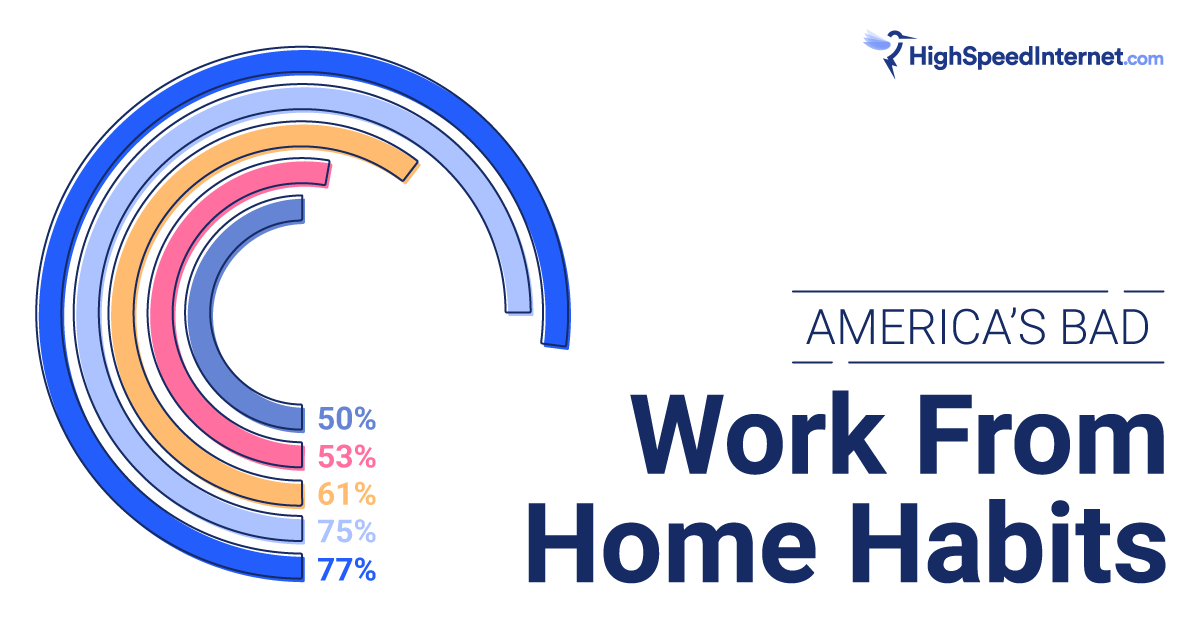Who Monitor Dating Website In The Federal Level In The Usa
Nov 24, 2021 Learn about the health effects of lead, who is at risk, how to test for lead in paint or other areas of your home, how to find or become a lead-safe certified firm, and more about the Lead Renovation Repair and Painting (RRP) rule. And persons who monitor or advise food service operations, such as worksite wellness stakeholders or contracting officers. The guidelines in this document may also serve as a model for concession and vending operations at state, local, and tribal government and private worksite facilities. Two types of food service are provided in federal. Martin found several of his victims through a dating site for divorced adults. Martin pleaded guilty to one count of cyberstalking in October 2017. A federal judge sentenced him to 33 months.
These are the official guidelines for the Plain Writing Act of 2010. We developed these guidelines to help you and your agency write clearly, so your users can:
- Find what they need
- Understand what they find
- Use what they find to meet their needs
Contents
Who Monitor Dating Website In The Federal Level In The Usa Map
The guidelines are organized into sections, but many of the topics fit within more than one section. We start with a discussion of your audience because you should think about them before you start writing or planning to write. From there we move to organization, because developing a good organization is important during your planning stage. Next, we discuss writing principles, starting at the word level and moving up through paragraphs and sections. This is the most extensive topic. We follow principles of writing documents with principles of writing for the web. We conclude with a short discussion of testing techniques.
History
Who Monitor Dating Website In The Federal Level In The Usa 2017
We first developed these guidelines in the mid-90s. We continue to revise them every few years to provide updated advice on clear communication. When we first wrote the guidelines, we were primarily interested in regulations. We’ve broadened our coverage, but the information still bears the stamp of its origin.
Who Monitor Dating Website In The Federal Level In The Usa State
Questions? Comments?
If you have any feedback or questions about these guidelines, please contact us. We also offer free half-day training sessions for federal agencies in the Washington, DC area.
MENU
JUMP TO

Electronic Communications Privacy Act of 1986 (ECPA), 18 U.S.C. §§ 2510-2523
Privacy Act of 1974
- Computer Matching and Privacy Act of 1998
E-Government Act of 2002
- Federal Information Security Management Act
Paperwork Reduction Act
- Information Quality Act
Background
The Electronic Communications Privacy Act and the Stored Wire Electronic Communications Act are commonly referred together as the Electronic Communications Privacy Act (ECPA) of 1986. The ECPA updated the Federal Wiretap Act of 1968, which addressed interception of conversations using 'hard' telephone lines, but did not apply to interception of computer and other digital and electronic communications. Several subsequent pieces of legislation, including The USA PATRIOT Act, clarify and update the ECPA to keep pace with the evolution of new communications technologies and methods, including easing restrictions on law enforcement access to stored communications in some cases.
General Provisions
The ECPA, as amended, protects wire, oral, and electronic communications while those communications are being made, are in transit, and when they are stored on computers. The Act applies to email, telephone conversations, and data stored electronically.
Civil Rights and Civil Liberties
'The structure of the SCA reflects a series of classifications that indicate the drafters’ judgments about what kinds of information implicate greater or lesser privacy interests. For example, the drafters saw greater privacy interests in the content of stored emails than in subscriber account information. Similarly, the drafters believed that computing services available ‘to the public’ required more strict [sic] regulation than services not available to the public…To protect the array of privacy interests identified by its drafters, the [Act] offers varying degrees of legal protection depending on the perceived importance of the privacy interest involved. Some information can be obtained from providers with a subpoena; other information requires a special court order; and still other information requires a search warrant. In addition, some types of legal process require notice to the subscriber, while other types do not.'
The Act reflects a general approach of providing greater privacy protection for materials in which there are greater privacy interests. For a more in-depth analysis, U.S. Dept. of Justice, Searching and Seizing Computers and Obtaining Electronic Evidence In Criminal Investigations (2009), pp. 115-116, (287pp 1.01mb PDF).

Specific Provisions
The ECPA has three titles:
Title I of the ECPA, which is often referred to as the Wiretap Act, prohibits the intentional actual or attempted interception, use, disclosure, or 'procure[ment] [of] any other person to intercept or endeavor to intercept any wire, oral, or electronic communication.' Title I also prohibits the use of illegally obtained communications as evidence. 18 U.S.C. § 2515..
Exceptions. Title I provides exceptions for operators and service providers for uses 'in the normal course of his employment while engaged in any activity which is a necessary incident to the rendition of his service' and for 'persons authorized by law to intercept wire, oral, or electronic communications or to conduct electronic surveillance, as defined in section 101 of the Foreign Intelligence Surveillance Act (FISA) of 1978.' 18 U.S.C. § 2511. It provides procedures for Federal, State, and other government officers to obtain judicial authorization for intercepting such communications, and regulates the use and disclosure of information obtained through authorized wiretapping. 18 U.S.C. §§ 2516-2518. A judge may issue a warrant authorizing interception of communications for up to 30 days upon a showing of probable cause that the interception will reveal evidence that an individual is committing, has committed, or is about to commit a 'particular offense' listed in Section 2516. 18 U.S.C. § 2518.
Title II of the ECPA, which is called the Stored Communications Act (SCA), protects the privacy of the contents of files stored by service providers and of records held about the subscriber by service providers, such as subscriber name, billing records, or IP addresses. 18 U.S.C. §§ 2701-12.

Title III of the ECPA, which addresses pen register and trap and trace devices, requires government entities to obtain a court order authorizing the installation and use of a pen register (a device that captures the dialed numbers and related information to which outgoing calls or communications are made by the subject) and/or a trap and trace (a device that captures the numbers and related information from which incoming calls and communications coming to the subject have originated). 18 U.S.C. §§ 3121 – 3127. No actual communications are intercepted by a pen register or trap and trace. The authorization order can be issued on the basis of certification by the applicant that the information likely to be obtained is relevant to an ongoing criminal investigation being conducted by the applicant’s agency.
Amendments
The ECPA was significantly amended by the Communications Assistance to Law Enforcement Act (CALEA) in 1994, the USA PATRIOT Act in 2001, the USA PATRIOT reauthorization acts in 2006, and the FISA Amendments Act of 2008 (116pp 303kb PDF). Other acts have made specific amendments of lesser significance.